Japan unveils $65 bln plan to aid domestic chip industry
By MYBRANDBOOK
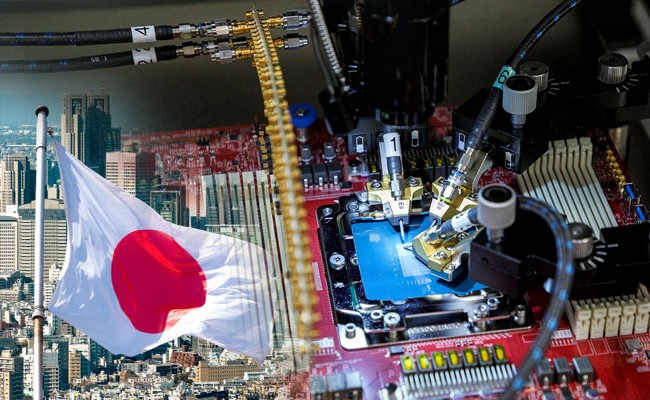
Japanese Prime Minister Shigeru Ishiba has unveiled a $65 billion plan to boost the country's chip and artificial intelligence industries via subsidies and other financial incentives. The program includes subsidies, tax breaks, and substantial grants to chipmakers, fueling R&D and production capacity in areas like advanced manufacturing, materials, and artificial intelligence.
The plan, which will provide support worth 10 trillion yen ($65 billion) or more by fiscal 2030, comes as countries look to strengthen control over their chip supply chains after global shocks including trade tensions between the United States and China.
This move positions Japan to become a leader in an industry where global demand is surging—spanning automotive, consumer electronics, and telecommunications. As semiconductors become essential to technological infrastructure and national security, Japan’s plan mirrors similar investments made by countries like the U.S., China, and the European Union.
They are specifically targeting foundry venture Rapidus and other suppliers of chips for artificial intelligence. According to the draft, the government expects the economic impact to total around 160 trillion yen.
With rising geopolitical tensions and a global chip shortage highlighting vulnerabilities, Japan's approach underscores its commitment to industrial sovereignty. Notably, major Japanese firms like Sony and Kioxia, as well as global players such as Taiwan Semiconductor Manufacturing Co. (TSMC), are set to benefit from these incentives, especially for initiatives that align with Japan’s broader economic goals.
Japan’s strategy emphasizes self-reliance and global competitiveness amid mounting pressures in the semiconductor supply chain. By ramping up production and establishing a robust chip ecosystem, Japan seeks to protect itself from supply disruptions that have previously hampered sectors like automotive manufacturing.
Overall, Japan’s commitment to strengthening its semiconductor capabilities not only reflects its industrial ambitions but also signals a reshaping of global chip dynamics, potentially setting a new standard for state-led tech investment amid evolving market demands.


Legal Battle Over IT Act Intensifies Amid Musk’s India Plans
The outcome of the legal dispute between X Corp and the Indian government c...

Wipro inks 10-year deal with Phoenix Group's ReAssure UK worth
The agreement, executed through Wipro and its 100% subsidiary,...

Centre announces that DPDP Rules nearing Finalisation by April
The government seeks to refine the rules for robust data protection, ensuri...

Home Ministry cracks down on PoS agents in digital arrest scam
Digital arrest scams are a growing cybercrime where victims are coerced or ...

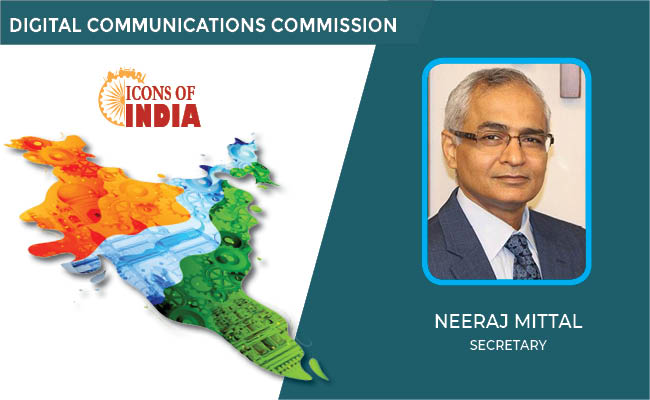
Icons Of India : NEERAJ MITTAL
He started his career as an IAS Officer in 1992. He has held various a...

Icons Of India : Bhavish Aggarwal
Indian entrepreneur Bhavish Aggarwal is the CEO of Ola, India’s larg...
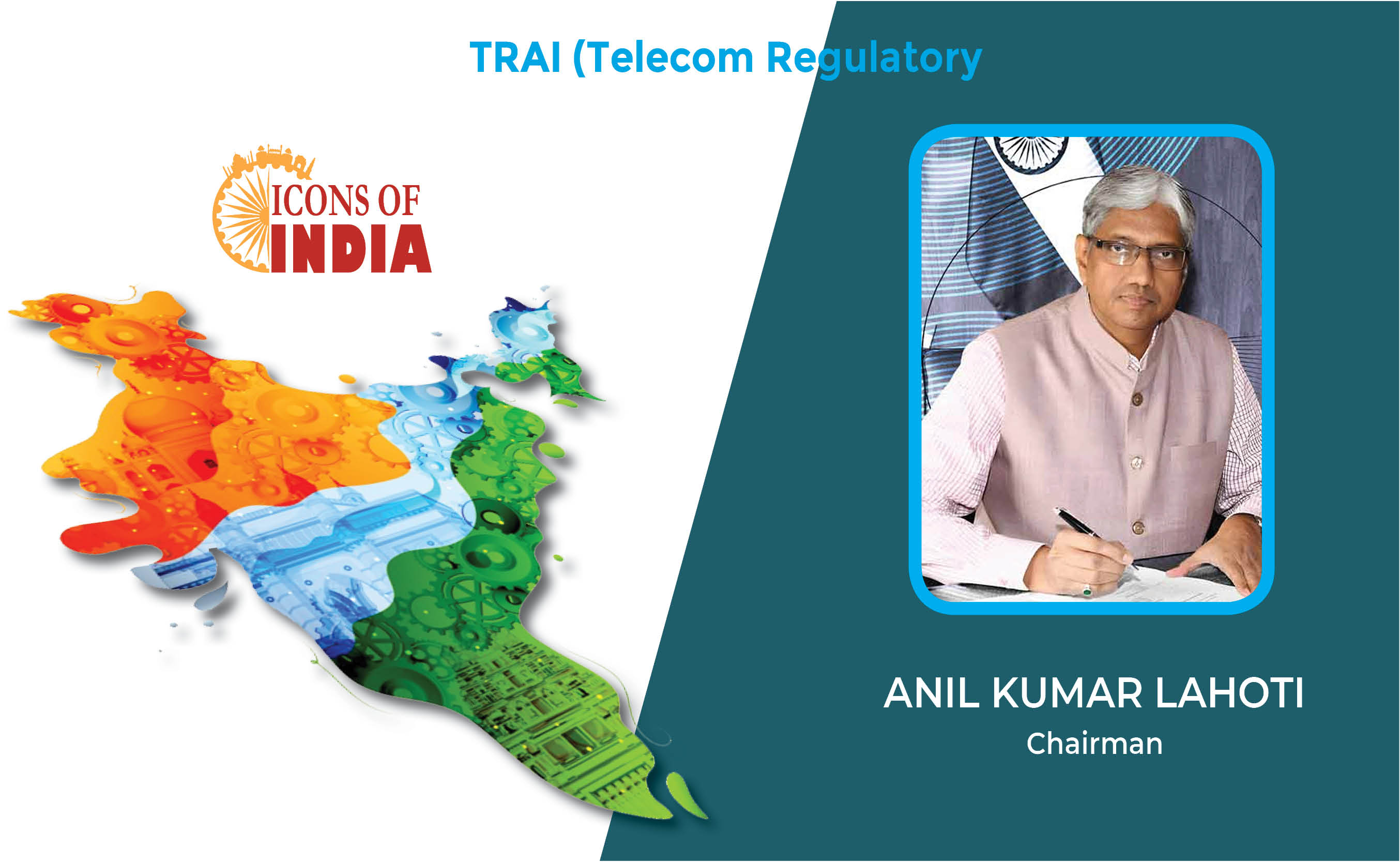
Icons Of India : Anil Kumar Lahoti
Anil Kumar Lahoti, Chairman, Telecom Regulatory Authority of India (TR...

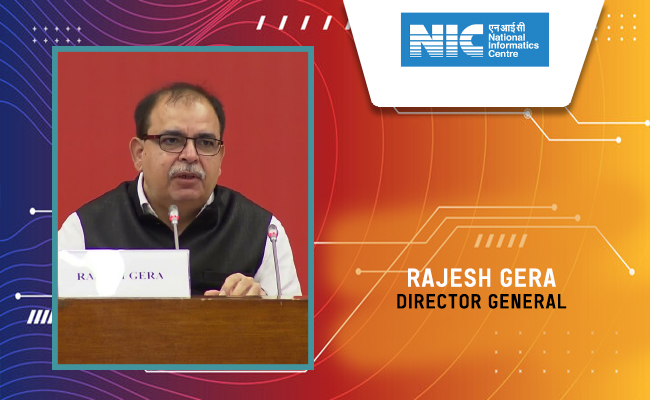
NIC - National Informatics Centre
NIC serves as the primary IT solutions provider for the government of ...
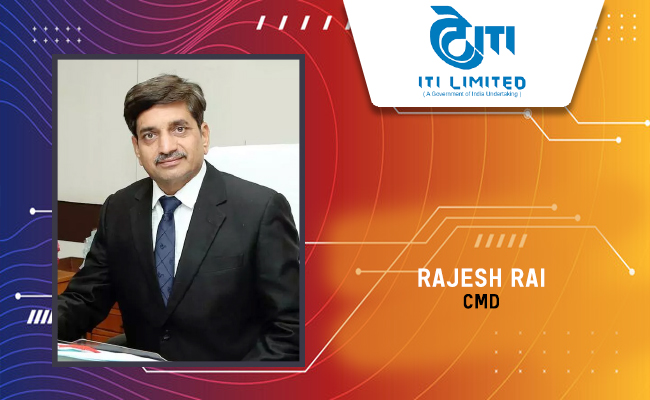
ITI - ITI Limited
ITI Limited is a leading provider of telecommunications equipment, sol...

HPCL - Hindustan Petroleum Corporation Ltd.
HPCL is an integrated oil and gas company involved in refining, market...


Indian Tech Talent Excelling The Tech World - Soni Jiandani, Co-Founder- Pensando Systems
Soni Jiandani, Co-Founder of Pensando Systems, is a tech visionary ren...

Indian Tech Talent Excelling The Tech World - REVATHI ADVAITHI, CEO- Flex
Revathi Advaithi, the CEO of Flex, is a dynamic leader driving growth ...

Indian Tech Talent Excelling The Tech World - RAVI KUMAR S, CEO- Cognizant
Ravi Kumar S, appointed as CEO of Cognizant in January 2023, sets the ...
 of images belongs to the respective copyright holders
of images belongs to the respective copyright holders